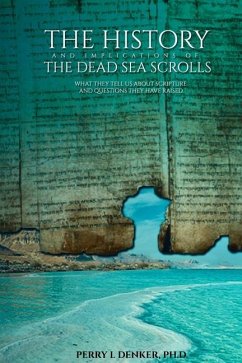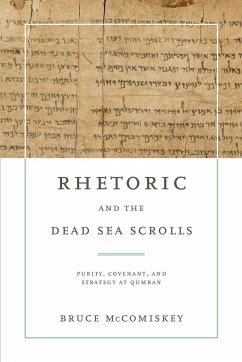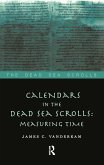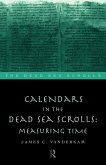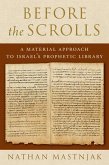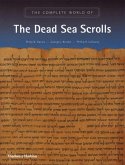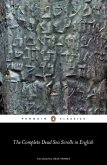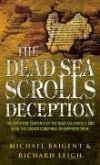Embark on an exhilarating journey through the ancient world with "The History and Implications of the Dead Sea Scrolls." Delve into the fascinating realm of documents written before, during, and after Jesus' time on earth, offering concrete insights into a pivotal era in Judeo-Christian heritage. Unravel the mysteries surrounding their discovery, liberation, and the figures who brought them to light. Discover how the Dead Sea Scrolls have influenced biblical understanding and underscored a precursor to early Christianity. Join as we illuminate the profound impact of one of the greatest archaeological and religious finds of the 20th century. The Dead Sea Scrolls comprise a collection of Jewish documents found between 1947 and 1956 near the Dead Sea in the Judean desert. These texts include fragments from almost every book of the Hebrew Bible (also known as the Old Testament) and other Jewish texts such as hymns, prayers, and philosophical writings. The texts are primarily written in Hebrew, Aramaic, and Greek and provide valuable insights into the beliefs and practices of the Jewish people in the Second Temple period, 516 Before Common Era (BCE) to 70 Common Era (CE). The discovery of the Dead Sea Scrolls has been of great significance to the study of the Bible, particularly the Hebrew Bible. One of the most important aspects of the scrolls is that they provide scholars with access to much older versions of biblical texts than previously available. The scrolls date from 250 BCE to 68 CE. Prior to the unearthing of the Dead Sea Scrolls, the most ancient existing manuscripts of the Hebrew Bible originated in the 9th to 10th century CE. The Dead Sea Scrolls have helped scholars better understand the development and transmission of biblical texts over time. They have also offered significant insights into the beliefs and rituals of the Jewish society responsible for creating and safeguarding these writings.Additionally, the scrolls shed light on the cultural and historical context in which the Hebrew Bible was written and have contributed to the ongoing study of the text and its interpretation. The Scrolls also raise important questions and debates within biblical studies. For example, some scholars have argued that the scrolls provide evidence of alternative Jewish beliefs and practices that were suppressed by the mainstream Jewish community. Others have argued that the scrolls offer proof of a more diverse and complex Judaism than previously thought. Still, others have argued that the scrolls provide evidence of a more fluid and dynamic process of textual transmission than previously believed. The Dead Sea Scrolls are a valuable source of information about the Hebrew Bible and the beliefs and practices of the Jewish people in the Second Temple period. They provide important insights into the history and development of the text of the Hebrew Bible and shed light on the broader cultural and social context in which these texts were produced. At the same time, they raise important questions and debates that continue to be explored by scholars today.
Hinweis: Dieser Artikel kann nur an eine deutsche Lieferadresse ausgeliefert werden.
Hinweis: Dieser Artikel kann nur an eine deutsche Lieferadresse ausgeliefert werden.

